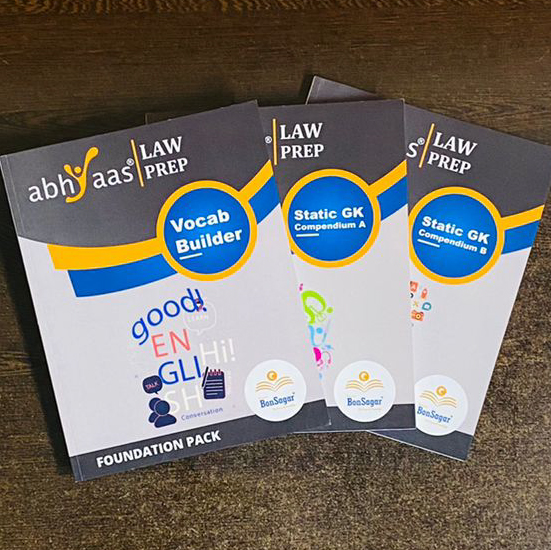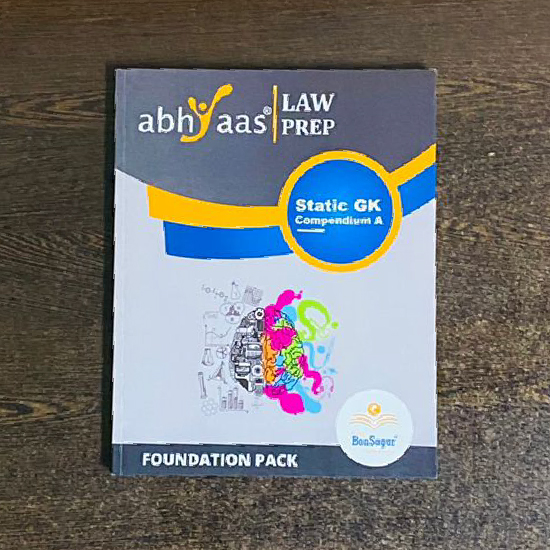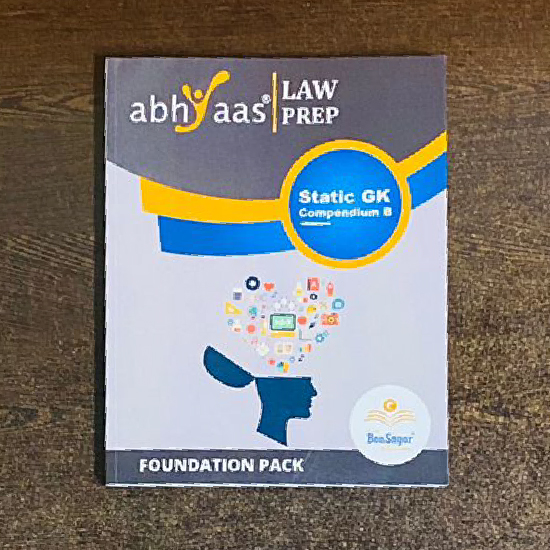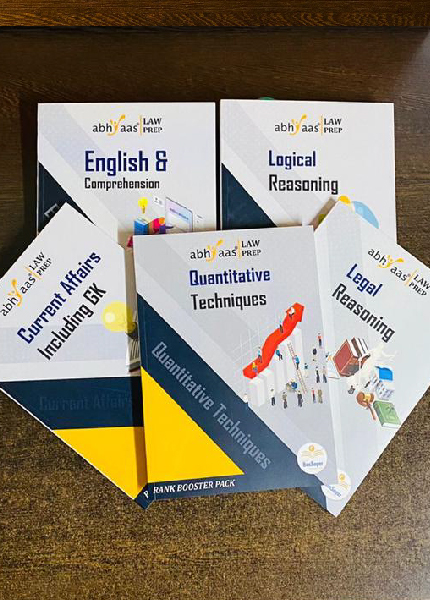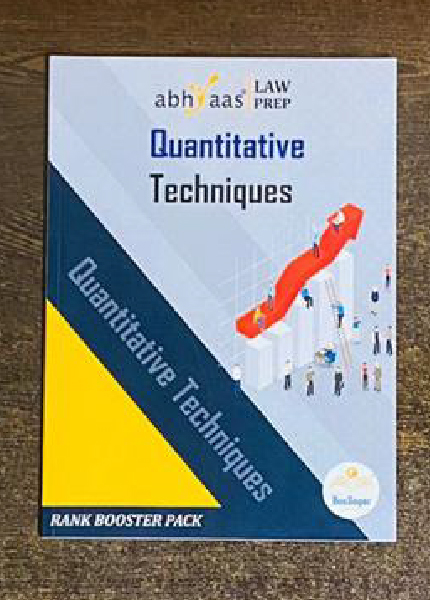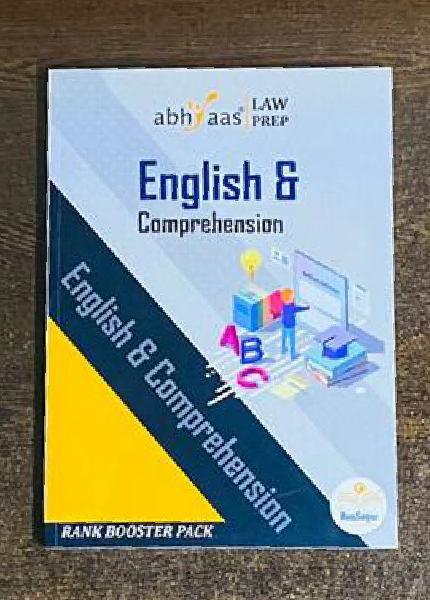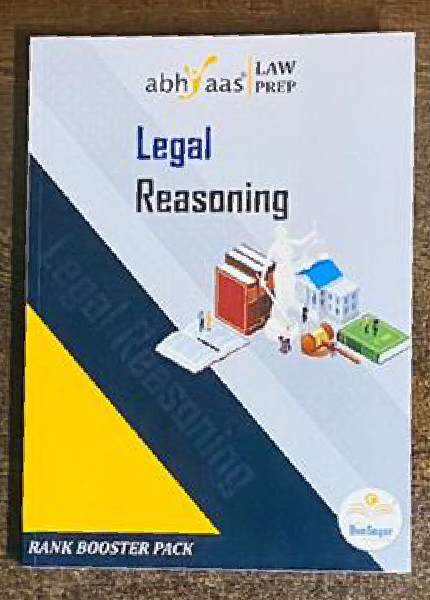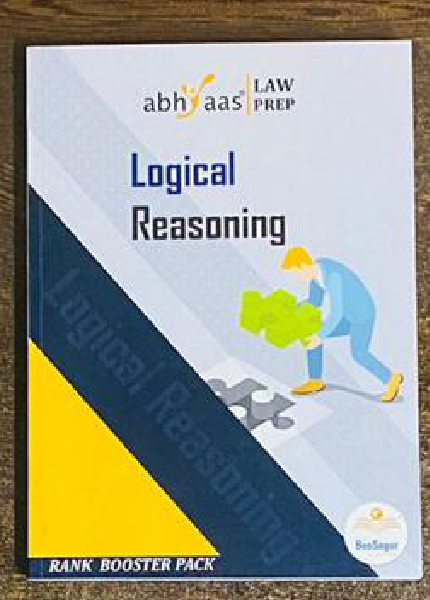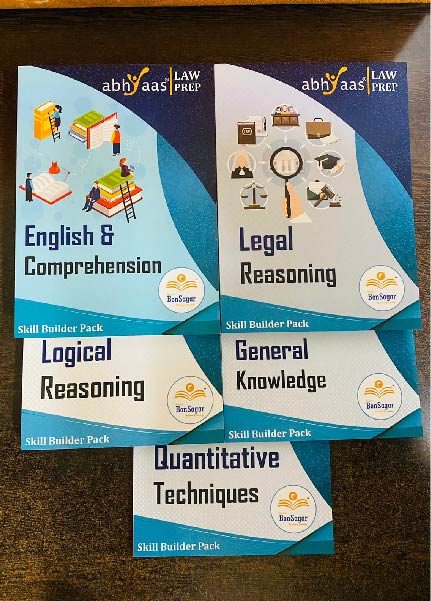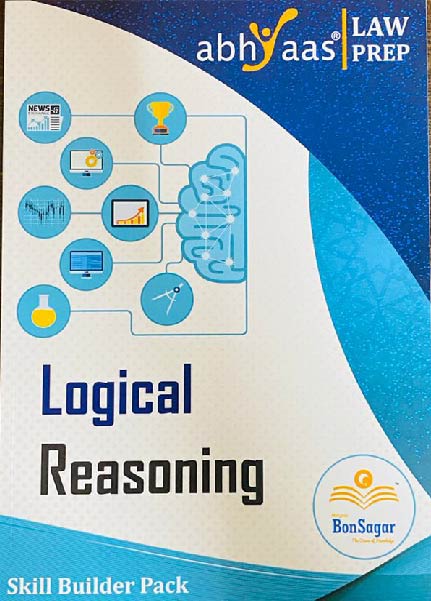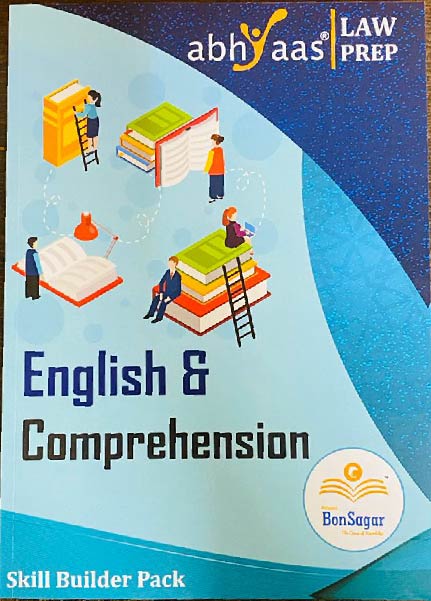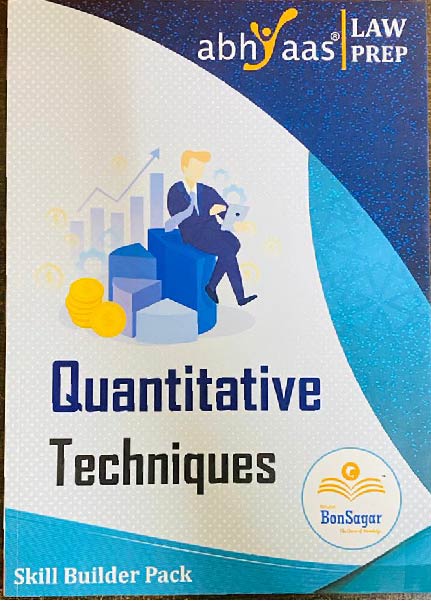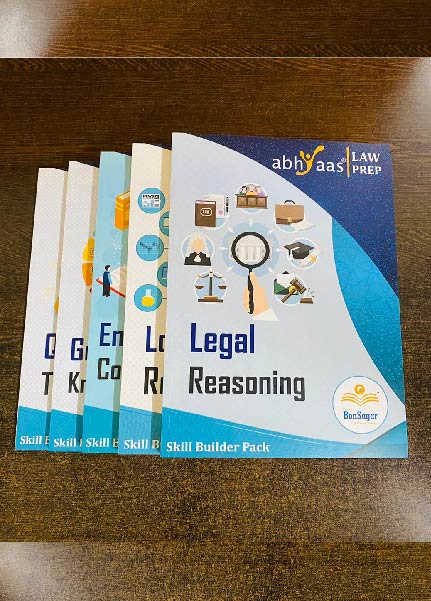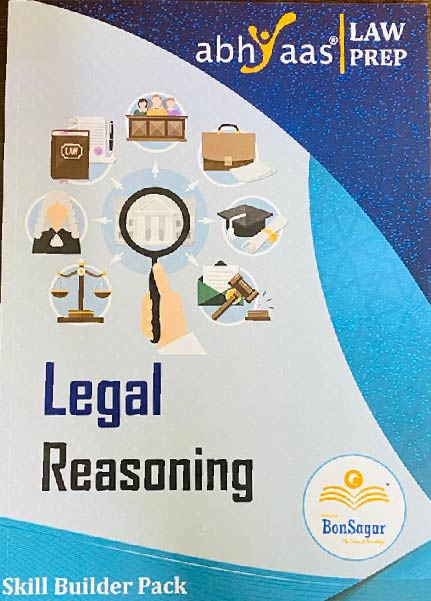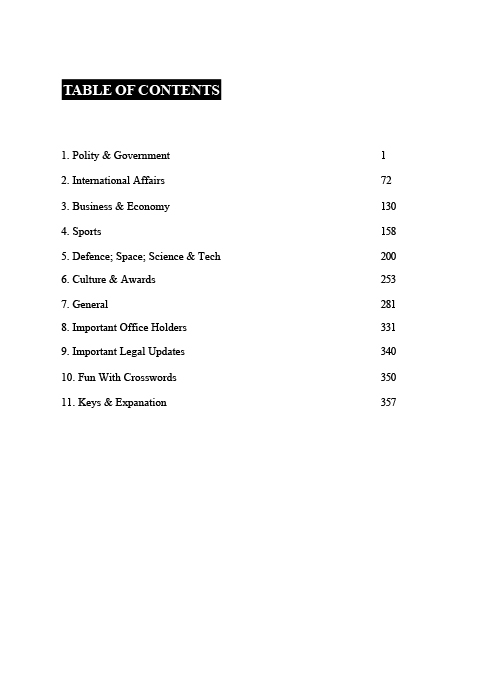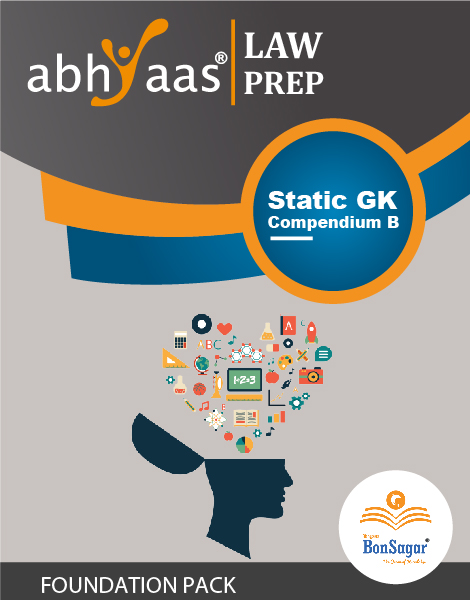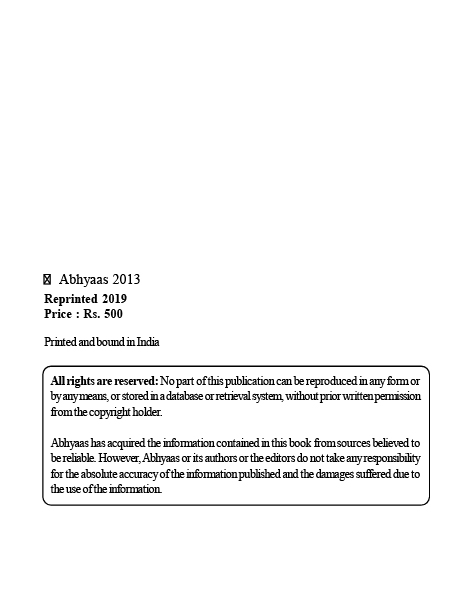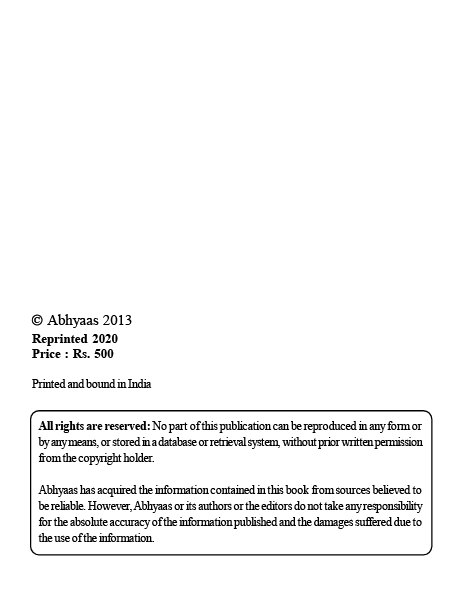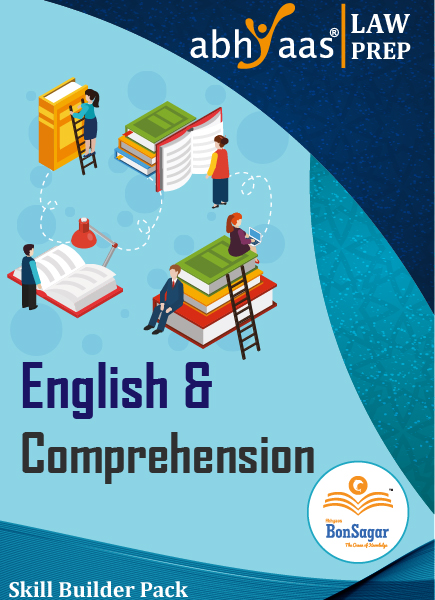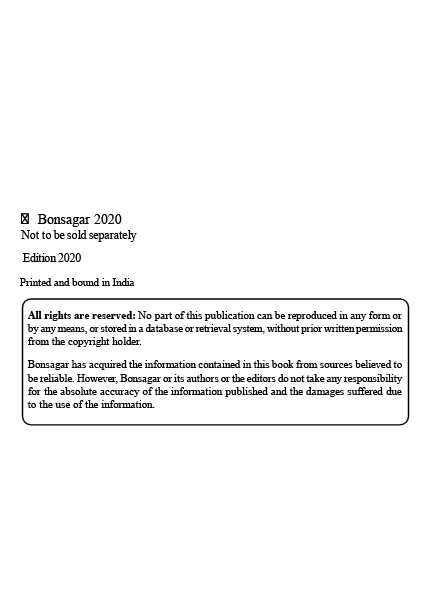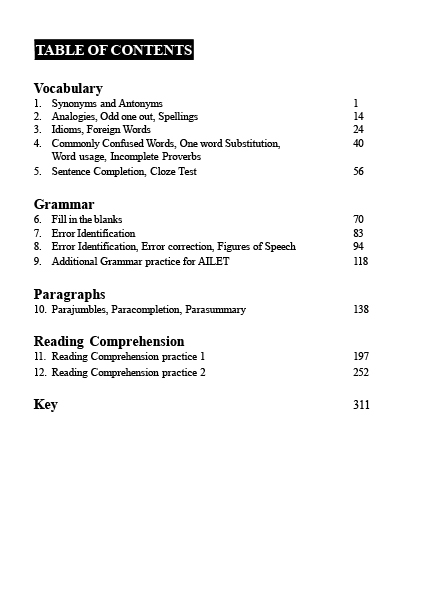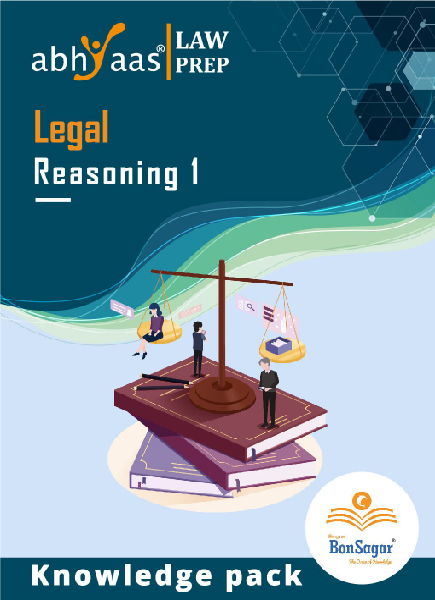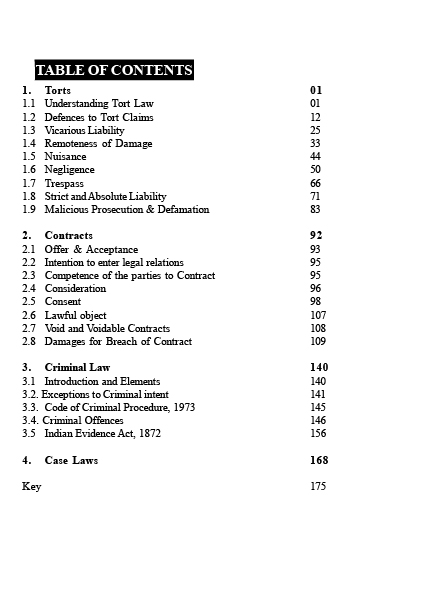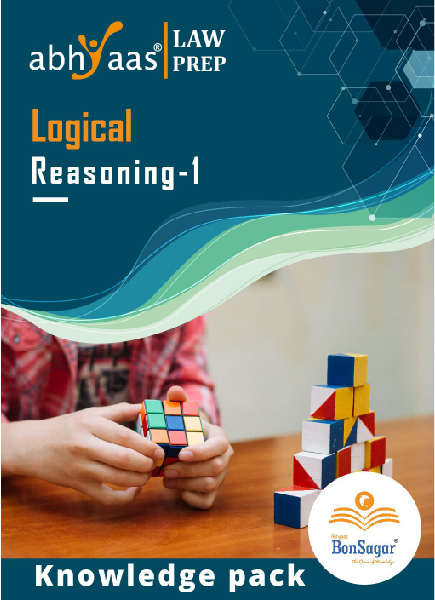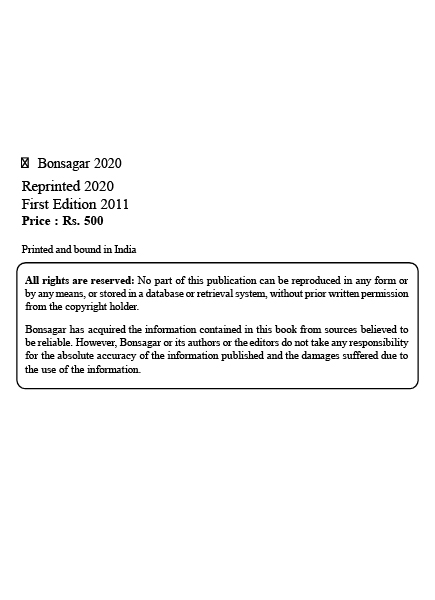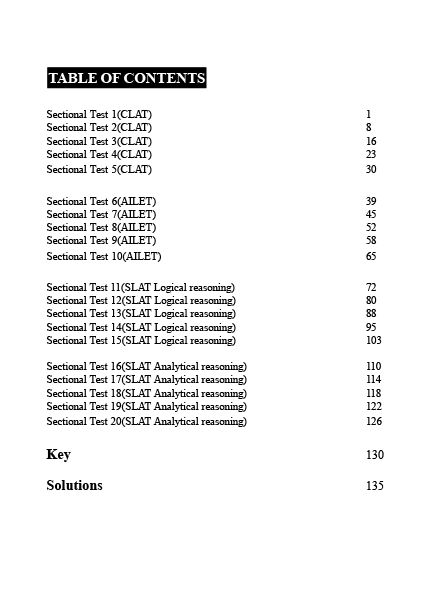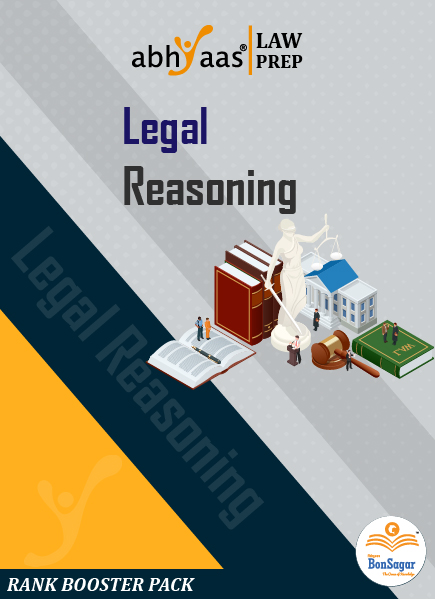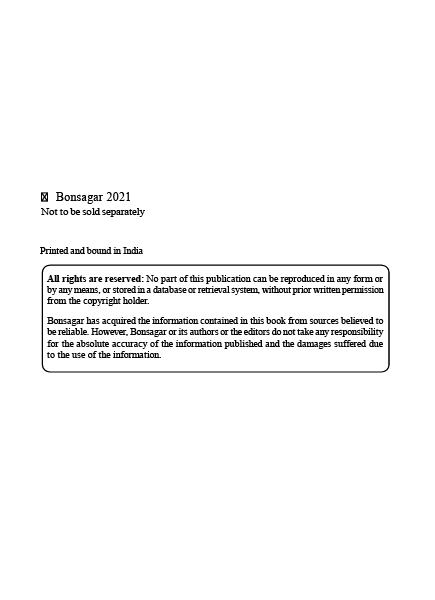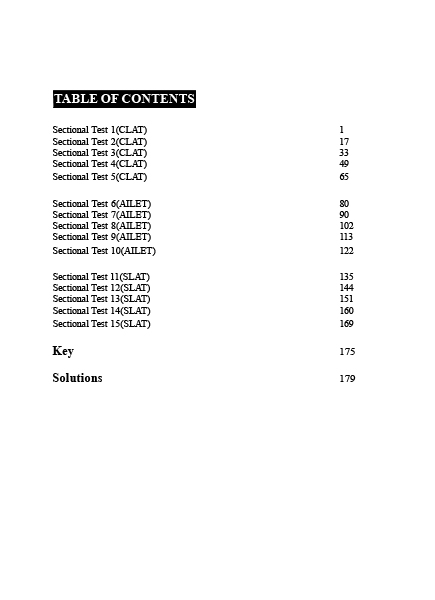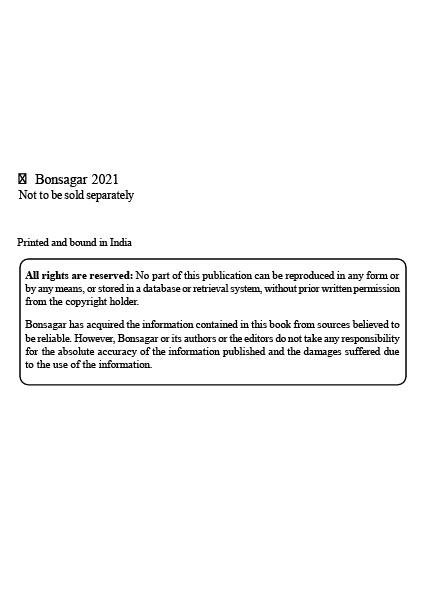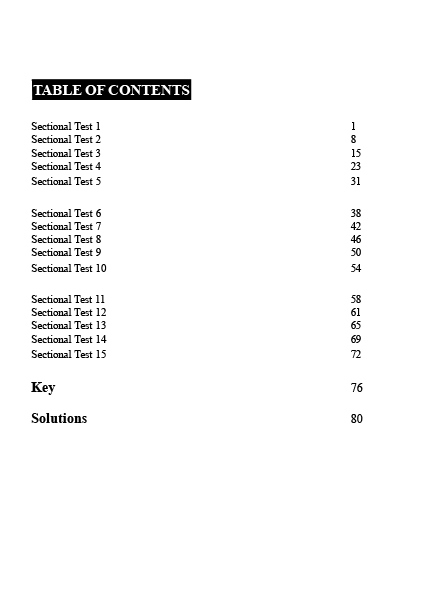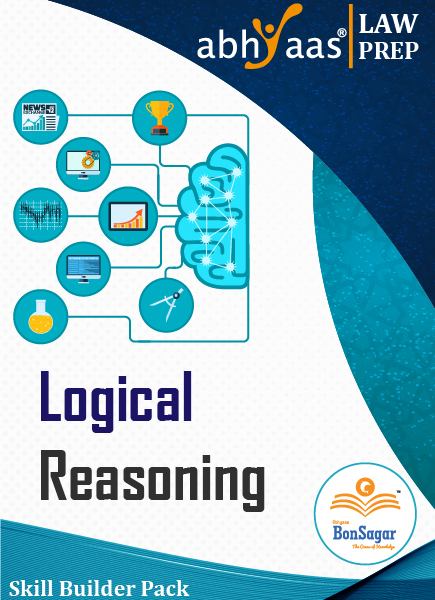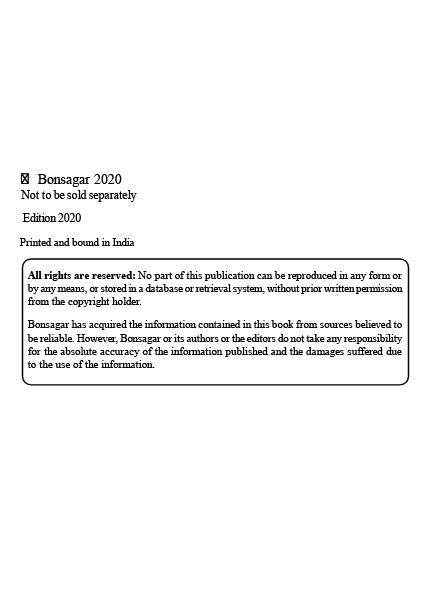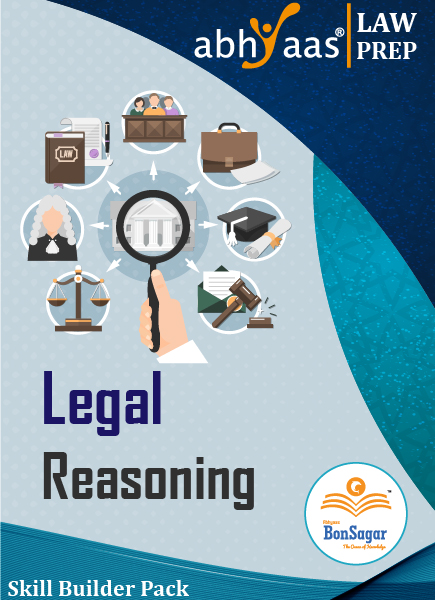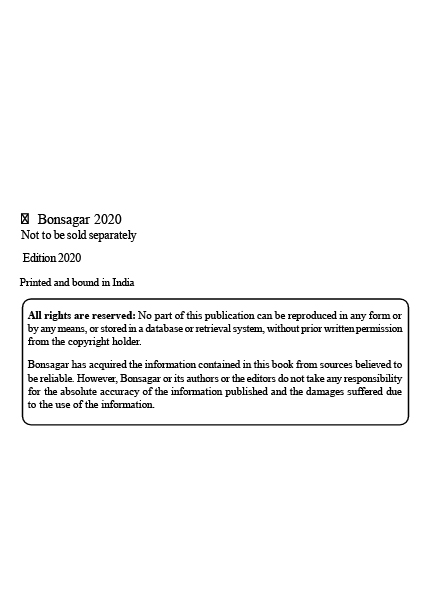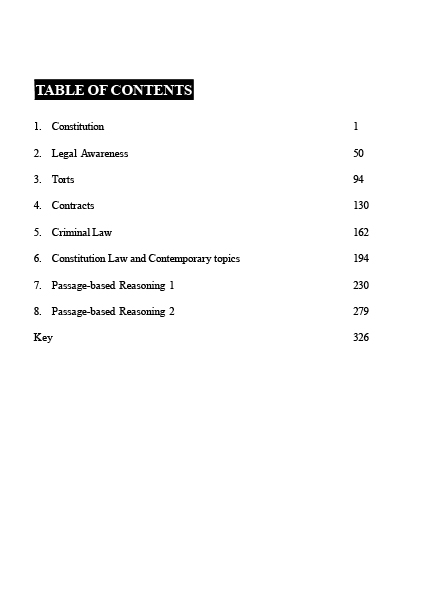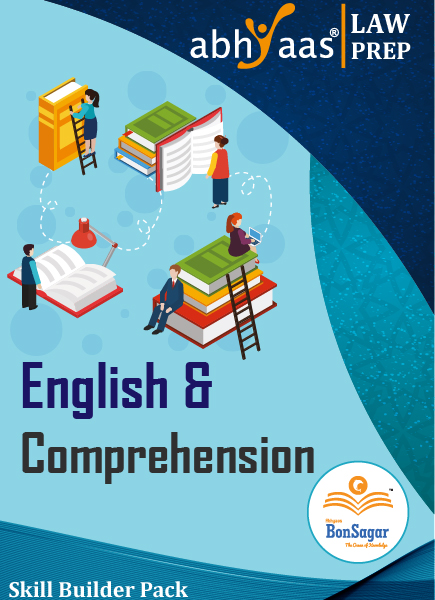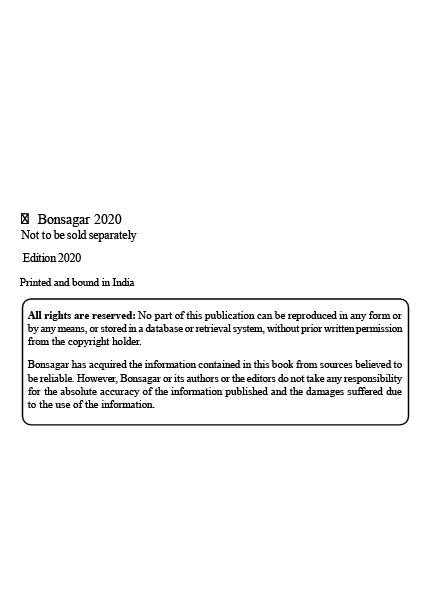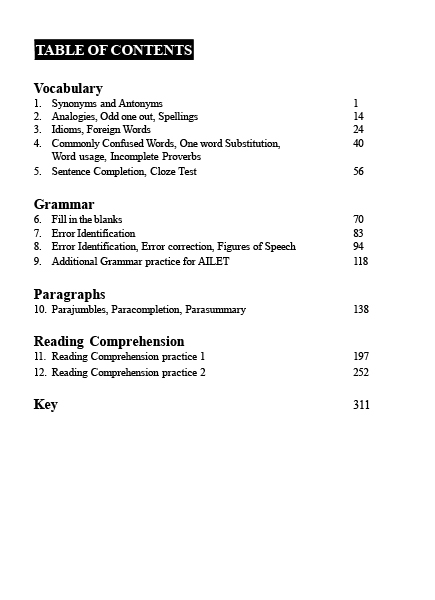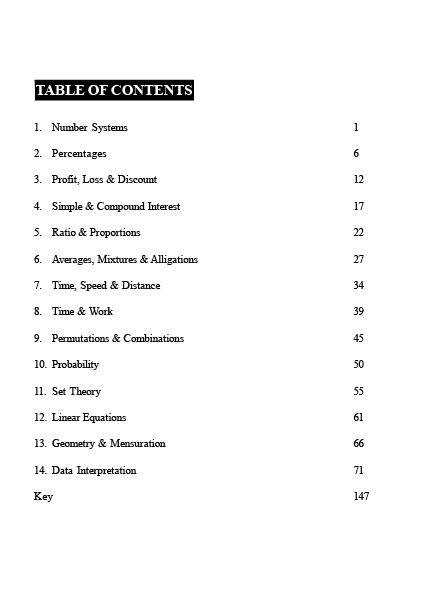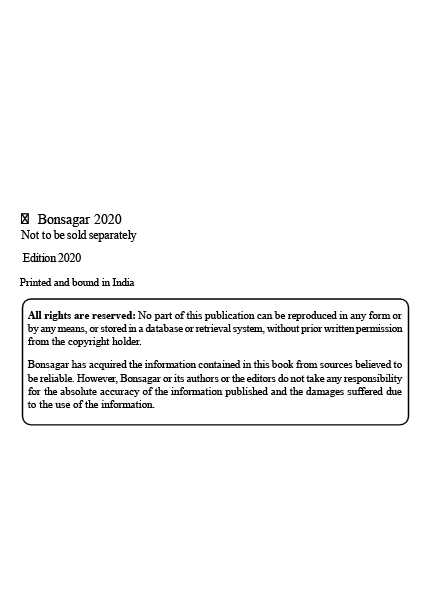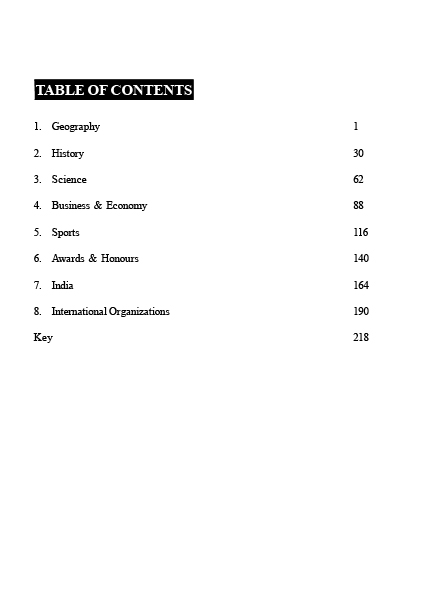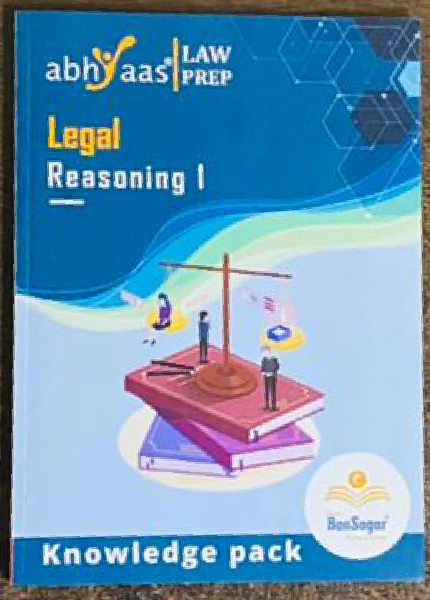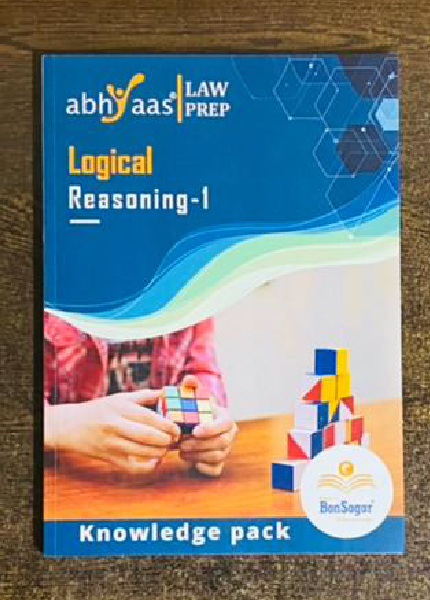
Factors to Consider while choosing a Law School
If you are one of those who made it to several law schools, you are probably torn about where you should attend. Here are some things that might help you decide.
Ranking
This is one of the most obvious factors. A better ranked university will automatically put you in a better position during internships and placements; quite a few of the big firms consider applicants only from the top-ranked colleges. However, ranks are not everything, and a few good colleges do not participate in the rankings at all. Also, merely being from a top-ranked college does not guarantee success, how well you perform once you get there also matters.
Admission Requirements
It is important to check whether a college has any specific admission requirements, such as age limits, cut-off marks in the 10+2 exams or entrance exams and the like while applying to a college. Applying to a college that you are ineligible to attend is a waste of time and effort.
Specializations Offered
Firstly, it is important to choose the correct undergraduate program. For instance, if you wish to pursue corporate law, it might make more sense to pursue a BBA LLB program as opposed to BA LLB (unless the college in question is an NLU which offers only BA LLB).
Secondly, most colleges offer several optional subjects, which may include certificate courses, foreign languages, or performing arts. Choose a college that offers courses that interest you and will help you along the path you wish to take.
Overall Cost
This is amongst the most important factors. It does not make sense to attend the most expensive college without a scholarship, on a student loan, if your family can ill afford it. Graduating with debt is a heavy burden. So, pick a college that offers the most financial assistance (though this tip is more applicable for education abroad).
If you do get a scholarship, remember that more often than not, the scholarship is not unconditional; you will have to maintain a certain grade, otherwise, the scholarship will be reduced or discontinued.
Even if you can afford the fees, do try and search for a scholarship, so that you can use the money you save for other things, like travel.
Faculty
This is a tricky one. Most colleges have a healthy mix of great and not-so-great faculty, and the faculty might change. The faculty will definitely impact the academic quality of the institution, so do dig around a bit, read about the professors who will be teaching you, and decide. Keep in mind that you are likely to receive greater attention from the faculty in a smaller institution.
Campus and Facilities
Firstly, look at the location of the college. If it is not a fully residential institution, and in your city, can you manage the commute or do you have to move nearer to the college? If it is a different city, are you willing to move there? If it is a fully residential college, do you think the culture on campus will suit you? Will the climate of the place agree with you? Most importantly, are the city and campus safe?
If it’s a college in a different city, does it have a college hostel? Does the college have a good library and internet archive? Is there internet connectivity? These are a few things to check out for.
Extracurricular Activities
The amount of extracurricular activities will depend on the academic workload as well as the institution itself. For instance, in case of a trimester system, the academic pressure will be immense, and with the sheer number of tests and assignments, there will not be much time for anything else, as compared to a semester system. In case of a very high attendance requirement, you may have to limit the number of activities you participate in so that your attendance is in control. Or the institution itself may be very academically oriented, and therefore not encourage or facilitate participation in extracurricular activities. Conversely, the institution may have several activities, fests and the like, and you might reckon that those will be a distraction. Choose your institution keeping all of this in mind.
Placements and Career Opportunities
The presence of a good Placement Cell in the institution is essential. The Cell usually will consist of a panel of members who will guide those in need through the process of the placements. The presence of a Placement Cell also means that there will be campus recruitment, so students do not have to go knocking on doors to find jobs. It is important to find out which companies usually hire students from that university, as that is an indicator of the quality of the institution.
Do a thorough research about the Law Schools, keeping the above things in mind, and any other specific requirements that you might have. That should help you make the right choice!





